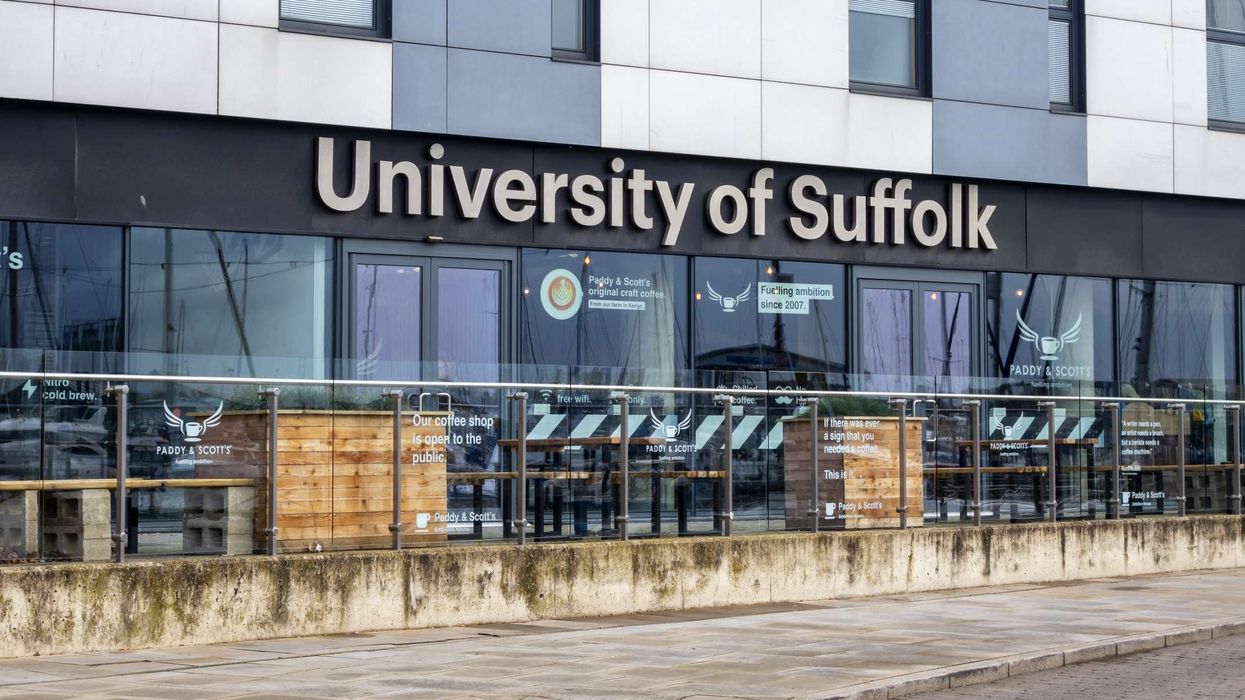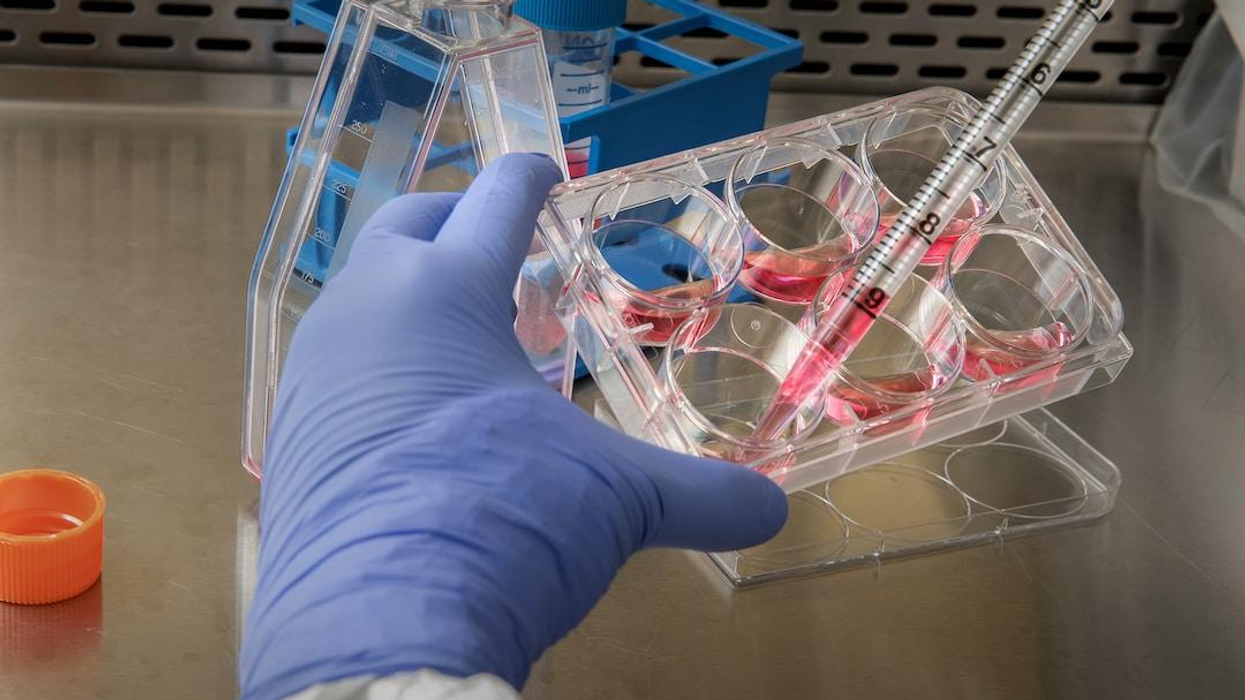Prime minister Boris Johnson has announced that the legal requirement to self-isolate following a positive Covid test in England would end on Thursday as part of a ramping down of rules.
"From this Thursday... we will end the legal requirement to self-isolate following a positive test," he told MPs in parliament on Monday (February 21).
Two years after Covid-19 sparked the worst health crisis in generations, Johnson pressed ahead despite news on Sunday that Queen Elizabeth II had tested positive for the first time.
The 95-year-old monarch was experiencing "mild cold-like symptoms" but expects to be at her desk carrying out "light duties" this week, Buckingham Palace has said.
'Gains could be undermined'
In Bristol, superintendent pharmacist Ade Williams told the BBC News that the timing wasn't right, especially for those who have had a pandemic journey that was 'quite traumatic'.
He said that "they would feel as though the rug has been pulled from underneath their feet" and that all the gains made could now be undermined.
Meanwhile, opposition parties have accused Johnson of seeking to distract public attention, with his premiership in peril as police investigate a series of lockdown-breaching parties in Downing Street.
He is also accused of wanting to appease his own Conservative Party unhappy at what they see as curbs on public freedoms.
"Today will mark a moment of pride after one of the most difficult periods in our country's history as we begin to learn to live with Covid," he said on Monday before a morning cabinet meeting to sign off on the plans.
"The pandemic is not over, but thanks to the incredible vaccine rollout we are now one step closer towards a return to normality and finally giving people back their freedoms while continuing to protect ourselves and others."
'Unwise'
Robert West, a health psychologist at University College London and member of one of the government's independent scientific advisory groups, said they were "irresponsible".
"In lifting all these protections, there will be an increase in cases. And there will be an increase in hospitalisations and deaths," he told Times Radio.
Meanwhile, the NHS Confederation, which represents senior managers in the state-run National Health Service, said internal polling indicated a large majority of its members were opposed to ending self-isolation and free tests.
Matthew Taylor, the confederation's chief executive, acknowledged the government's mass vaccination programme and the emergence of new Covid treatments offered "real hope".
"But the government cannot wave a magic wand and pretend the threat has disappeared entirely," he said.
David Nabarro, a World Health Organization special envoy for Covid, said scrapping the law on self-isolation was "really very unwise indeed".
While the UK has suffered one of the world's worst per-capita death tolls in the pandemic, it remains a country with "an enviable record for public health expertise", the British official told BBC radio on Saturday.
"I really do worry that Britain is taking a line that is against the public health consensus -- that other countries, other leaders will say 'if Britain is doing it, why can't we?'"
'Declaring victory'
In the UK's devolved system, Scotland, Wales and Northern Ireland set their own health policies and are largely staying more cautious than Johnson's intentions for England.
Wales' first minister Mark Drakeford, of the Labour party, said any change to the testing programme "would be premature and reckless".
"In Wales, we'll continue to make decisions to protect the health of people based on the scientific evidence available to us."
Labour's national health spokesman, Wes Streeting, agreed, accusing Johnson of "declaring victory before the war is over" to distract from "the police knocking at his door".
Downing Street confirmed on Friday that Johnson had submitted a written response to police questions about parties held over the past two years, as detectives probe whether attendees violated the strict social distancing and virus prevention rules he set for the public at the time.
Johnson stonewalled repeated questions about the "partygate" affair in a weekend BBC interview, and declined to say if he would resign if he is fined by the police.
But he insisted that despite the apparent party breaches by himself and his staff, the public would still follow guidance to self-isolate when necessary, even without a legal mandate.











